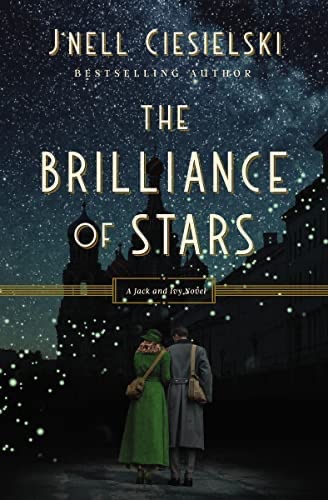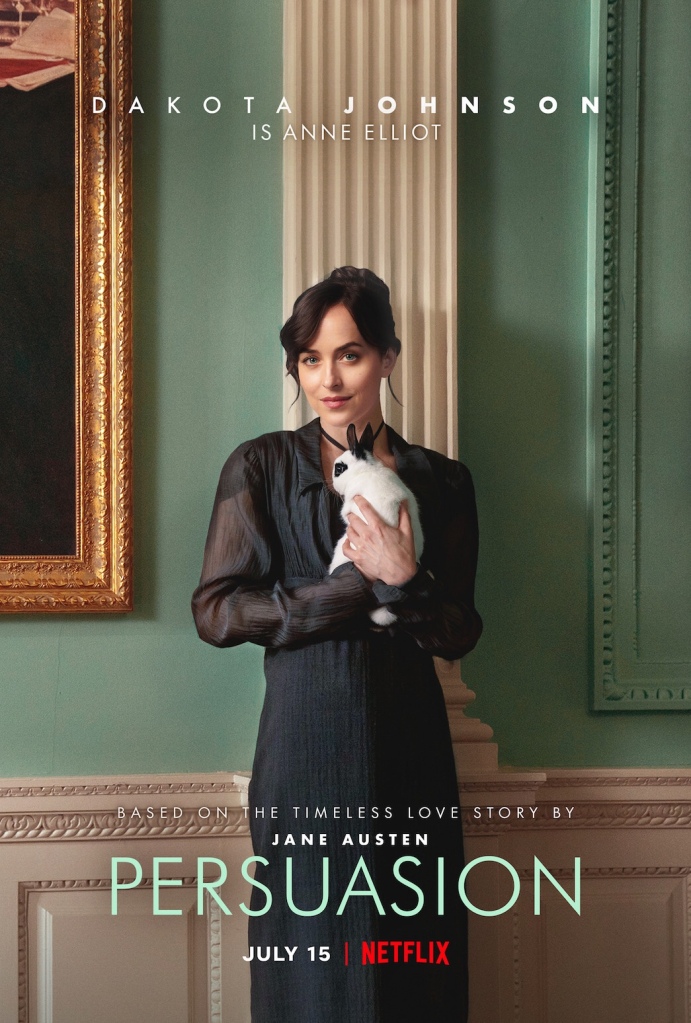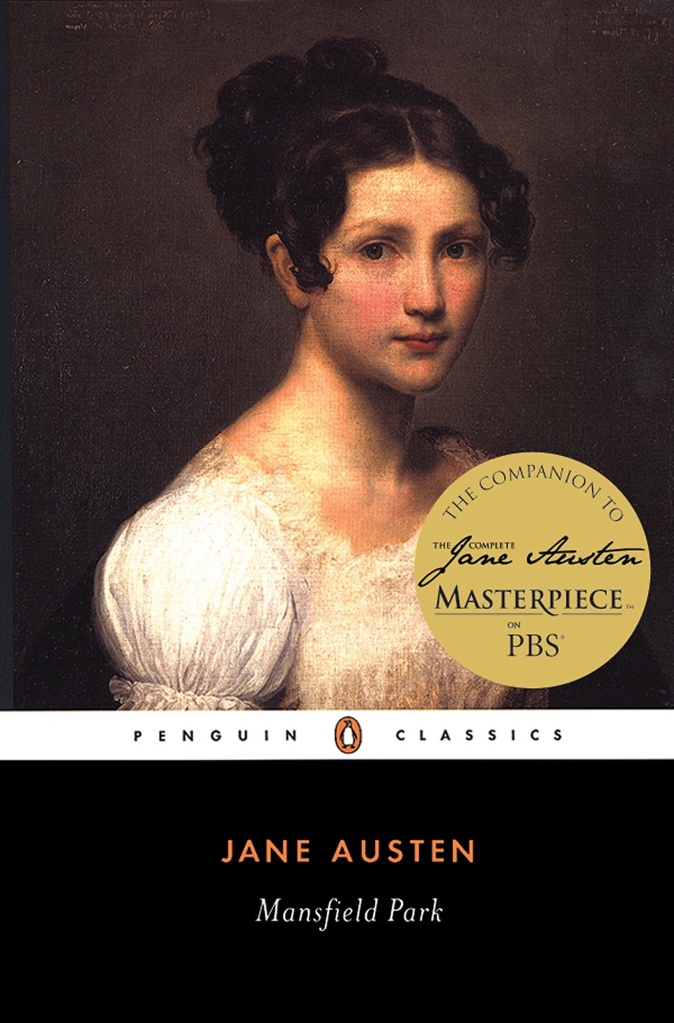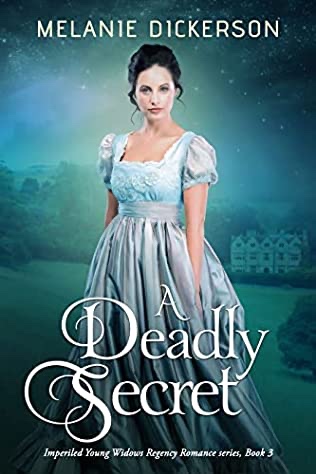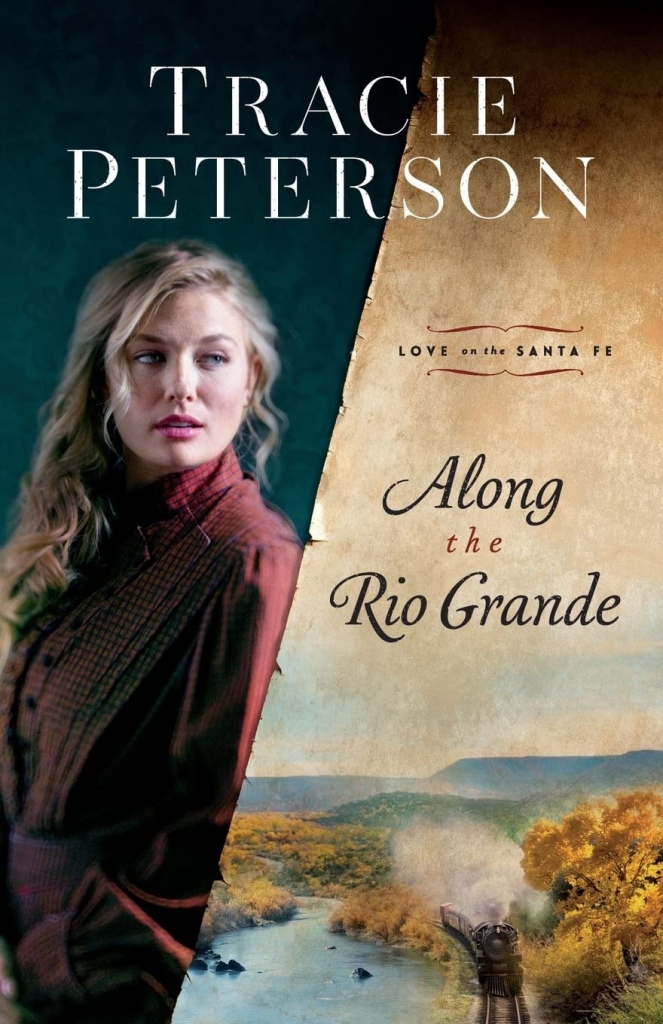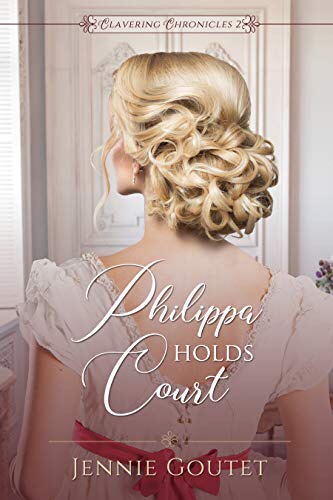Lemon Shortbread and a Harrowing Legal Battle – A Review of Elizabeth Camden’s “A Dangerous Legacy”
Have you ever read a book, met the main character, and thought, “I know this person?”
That’s a common enough thing, right?
I mean, that’s what makes some books good – because we can relate to the characters.
Have you ever read a book and thought, “I know this person.” Followed by, “Gosh, that sounds like me.”
For most of Elizabeth Camden’s A Dangerous Legacy, I found myself reacting to events in the book and then reading on to find that the heroine reacted the same way I did.
Or I would have, you know, if I was… there.
A tale of impossible love, odds, and heroism, Camden’s A Dangerous Legacy sets the stage for a three book series full of hope, determination, and vivid historical detail.
But don’t let me cut the praise off at the knees.
Cover/Marketing
For starters, this book was well-promoted, has a beautiful cover, and sets the series up well and sets the expectations very high. My only gripe is … watch out … spoiler below!
The woman on the cover, we assume is the heroine, Lucy Drake, is depicted as wearing the intricate pearl necklace described in the book.
But I don’t seem to remember her wearing it in the book? Am I wrong? Read and find out.
Plot – So, Who’s Afraid of the Dark? Watch Out! Spoilers Ahead!
Our story begins with the introduction of the Drake family – proud Americans and New Yorkers who invented a valve that made it possible to have running water in high-rise apartment buildings in the early 20th century.
Fueled by greed, the brothers who started all end up in a court battle over rights to the valve design, control of the cost of the valve, and of course the sharing of the profits. Stretching through two generations, the court battle continues with Lucy Drake and her brother Nick, who carefully install a cheaper version of the valve in a New York apartment building to give residents the opportunity to have running water in their apartments.
Terrified that not only will her ruthless uncle take what little she has left, Lucy and her brother do their best to stay ahead of their uncle, who has every available resource at his fingertips and standby. Going as far as to install an illegal telegraph wire in Lucy’s office at the Associated Press, Lucy and her brother know her uncle’s lawyer’s every communication in real time.
And it’s only the early 20th century.
Every sin will come to light, and Lucy is found out by her handsome boss, Colin Beckwith, a ruined Earl with a dilapidated estate that is hanging on by a thread. As Colin’s efforts to secure a rich bride are nearly foiled when a news story that could ruin his reputation both in America and Britain comes across Lucy’s work line at the Associated Press, the two make a pact to help each other – Lucy will never let the story see a light of day, and Colin will spy on Lucy’s uncle and help them beat the Saratoga Drakes once and for all.
With snarky banter, dark closets, and a pompous cousin who is a prized shooter what could go wrong?
Romance – Dig Out Your Diaries, Ladies
From the very beginning, it is clear that Lucy and Colin are well-suited, solving problems together at work, sharing the same views on justice, and defending each other as much as they can.
But how can you win a man who’s heart is married to a dying legacy?
Camden messes with the stereotype of a fortune-hunter in this book, and I love it. If you’ve read the genre, the typical “fortune hunter” cares only about money and maybe being fawned over by women. Colin has become a fortune-hunter by necessity, and despises himself for it. He does what he can to shield Lucy’s heart, but she sees right through it.
We’ve all known this guy – the guy with that flaws that we quickly get attached to when we know he will never change.
Never.
In Camden’s world, flawed men can change, and do.
Getting involved in Lucy’s quest, Colin is with her until the very end, even going as far as to volunteer to camp out in the Western Union telegraph booth across the street from a mental asylum where Lucy is willing being held captive. Flashing cricket scores to her through the window in Morse code, he thinks she doesn’t see it when he says “I love you” in a series of light flashes.
But she does.
That Camden, she’s a mastermind.
The Heroine – She’s Beauty and She’s Grace, She Can Fix Your Broken Drain
As I said before, I’ve related to a lot of heroines in the genre before, but I think if Lucy were real and living today, we’d be best friends. Her wit, quick thinking, and independent spirit speak to my heart, so much so, I found myself cheering for her – literally fist in the air – as I read this book. Her choices – I won’t spoil the whole book – at the end of the book made me do a bit of soul searching, as Lucy is given the opportunity to watch the Saratoga Drakes go down, with a front-row seat, and even with the promise of some of them being hauled off in handcuffs, she opts to abandon the fight.
As someone who has a very high grit score – if you’re not familiar with the term “Grit” look into the book by Angela Duckworth. I’m not much of a non-fiction reader, but wow I learned a lot about myself through reading her findings – I find that in just about every difficult situation in my life, I have to try every possible solution available to me, (and a few that aren’t), in order to solve a problem. If I don’t, I feel like a failure.
If I don’t give a project my all – why do it at all?
Sometimes this can come across to others as not knowing when to give up.
[Insert the quote from Mirror, Mirror with Julia Roberts, “Know when you’ve been beaten.”]
I think the only way to explain it is that I feel a responsibility to do everything I can to solve the problems before me – the ones that stick in my mind and keep me up at night.
Maybe I’m stubborn, or maybe it’s the Holy Spirit putting a new task in my lap for His Glory.
I think we know the answer to this one.
Staying Power – To Stay the Trial?
Is it even a question?!
Of course!
I have to say though that this is the first book I’ve ever read where I really fell in love with the heroine’s brother – Nick Drake. I am thrilled to read the next book which is his story and see how it plays out! Of course you’ll see a full review of book two, A Daring Venture, coming soon!
The Bottom Line – Catharsis from a Cookie, Fancy That
Have you caught all my baked good references? One of the tropes in the book for Colin’s love for Lucy is these Lemon Shortbread cookies that describe them perfectly – tart and tangy at times, but rich with sweetness over all.
Once again, an author in the genre giving us hope that people can change, that people can help each other even when they start out of the wrong foot, that forgiveness is an action we need to see a lot more of in society, and that people who are unified to fight for what is right can bring a lot of good to the world. It’s inspiring, truly, and something that we can take to heart and carry with us. Bravo, Ms Camden! Can’t wait for book two!

For more information, or to purchase the book, click here.
